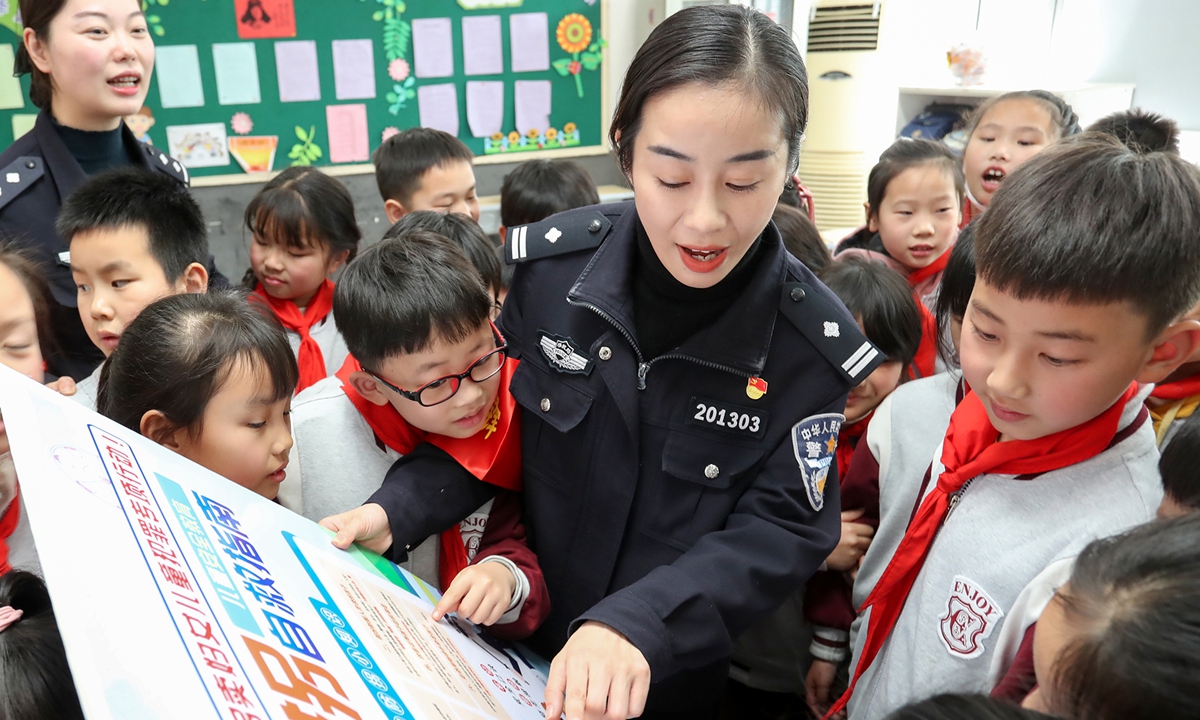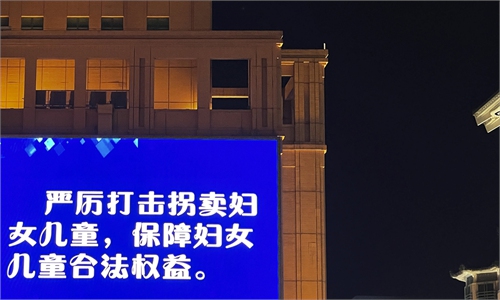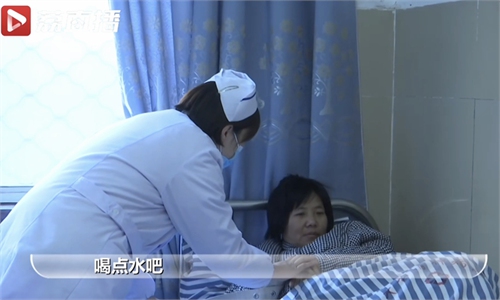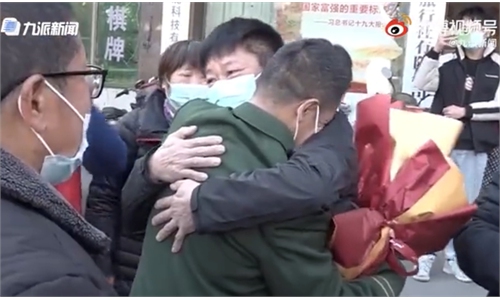Premier Li aggrieved over women trafficking, vows criminal punishment and responsibility-seeking
Authorities to also punish ‘purchasing’ of women, children

Photo: VCG
Responding to a question concerning people's livelihood during Friday's press conference following the closing meeting of this year's National People's Congress plenary session, Li emphasized that the people's government must shoulder the responsibility of ensuring people's lawful rights.
"Cases involving the gross violation of women's rights in some places make us grieve for the victim and feel outrage at the incident," Li said.
The premier urged those who disregard the rights and interests of others must be held accountable, and those who traffic women and children must be brought to justice and prosecuted to the full extent of the law.
People's safety and livelihood are inseparable. Governments at all levels must make every effort to benefit the people's livelihood and ensure people's safety, as their basic duties, Li said.

A female police officer promotes anti-trafficking information to students in an elementary school in Wuxi, East China's Jiangsu Province on March 7, 2022. Photo: VCG
In the recent case, a woman was found to have been trafficked to a county in Jiangsu in the 1990s and mistreated, including being chained up. The case sparked uproar against human trafficking and dereliction of duty of some local officials, and prompted many relevant legislation proposals at this year's two sessions.
With new cases dropping significantly, many lawmakers and political advisors called for a thorough investigation into past cases, and resorting to technologies, such as DNA database, to identify victims. The public security authority has launched a campaign with other departments to deal with the problem.
In the revised version of this year's Government Work Report, "purchasing" of trafficked people has been added to the "strict crackdown" targets on top of "trafficking of women and children," according to media reports.
A Beijing-based lawyer who requested anonymity told the Global Times that those are signals of enhanced efforts against relevant crimes. After multiple revisions, the current Criminal Law stipulated a lighter penalty for purchasers who do not mistreat the trafficked women or children, and do not obstruct their return.
In practice, many purchasers were given a light penalty and probation despite the law requiring criminal punishment, according to media reports.
The signals released at the two sessions predicted a potential change in judicial practice, some observers said.
Zhou Qiang, president of the Supreme People's Court, stated that for crimes that challenge the bottom line of the law and ethics, such as those harming women, children and the elderly, the death penalty shall be approved in line with the law when he delivered the top court's annual work report at the two sessions on Tuesday. China's top judicial organs vowed severe punishment of trafficking of women and children.
The trend of holding purchasers accountable will help tackle the problem of the past where the purchasers' families and villagers conspired to cover up the crime, said Jiang Shengnan, a deputy to the National People's Congress. Some lawmakers urged punishment of accomplices of human trafficking as well.
Zhang Baoyan, an NPC deputy who is also founder of a social organization that helps vagrant children find their biological parents, told the Global Times that anti-trafficking work should be taken as an indicator of local governments' annual performance evaluations, which could help crack down on such crime.



